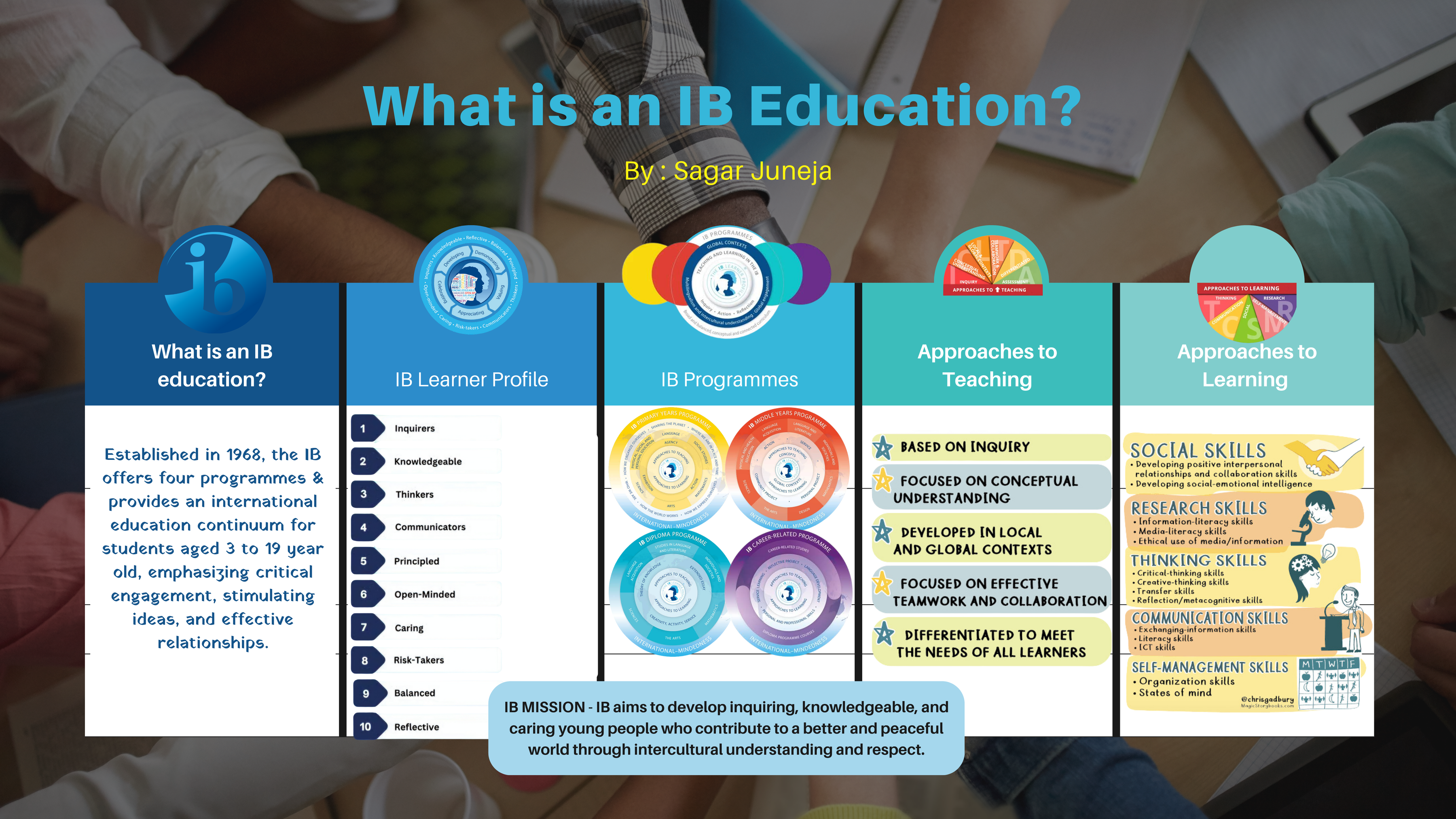
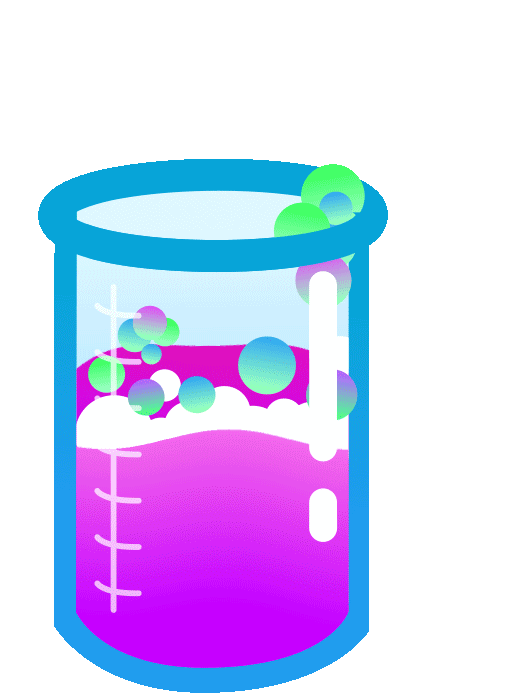
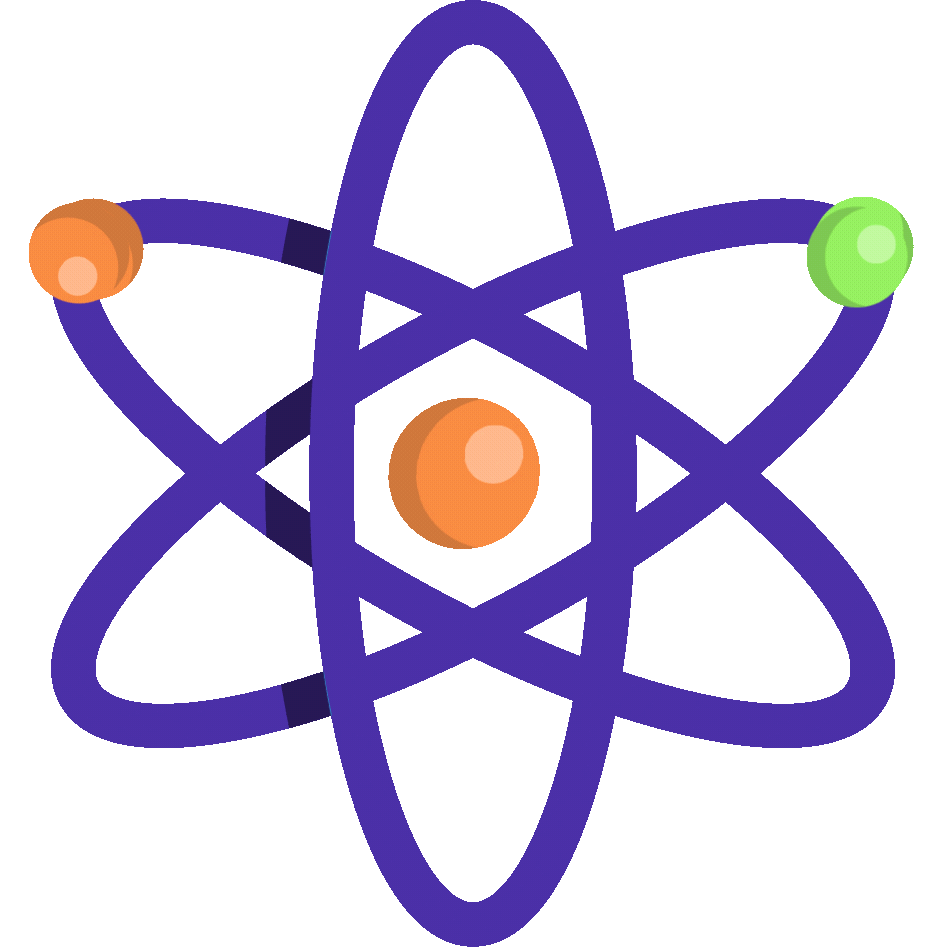
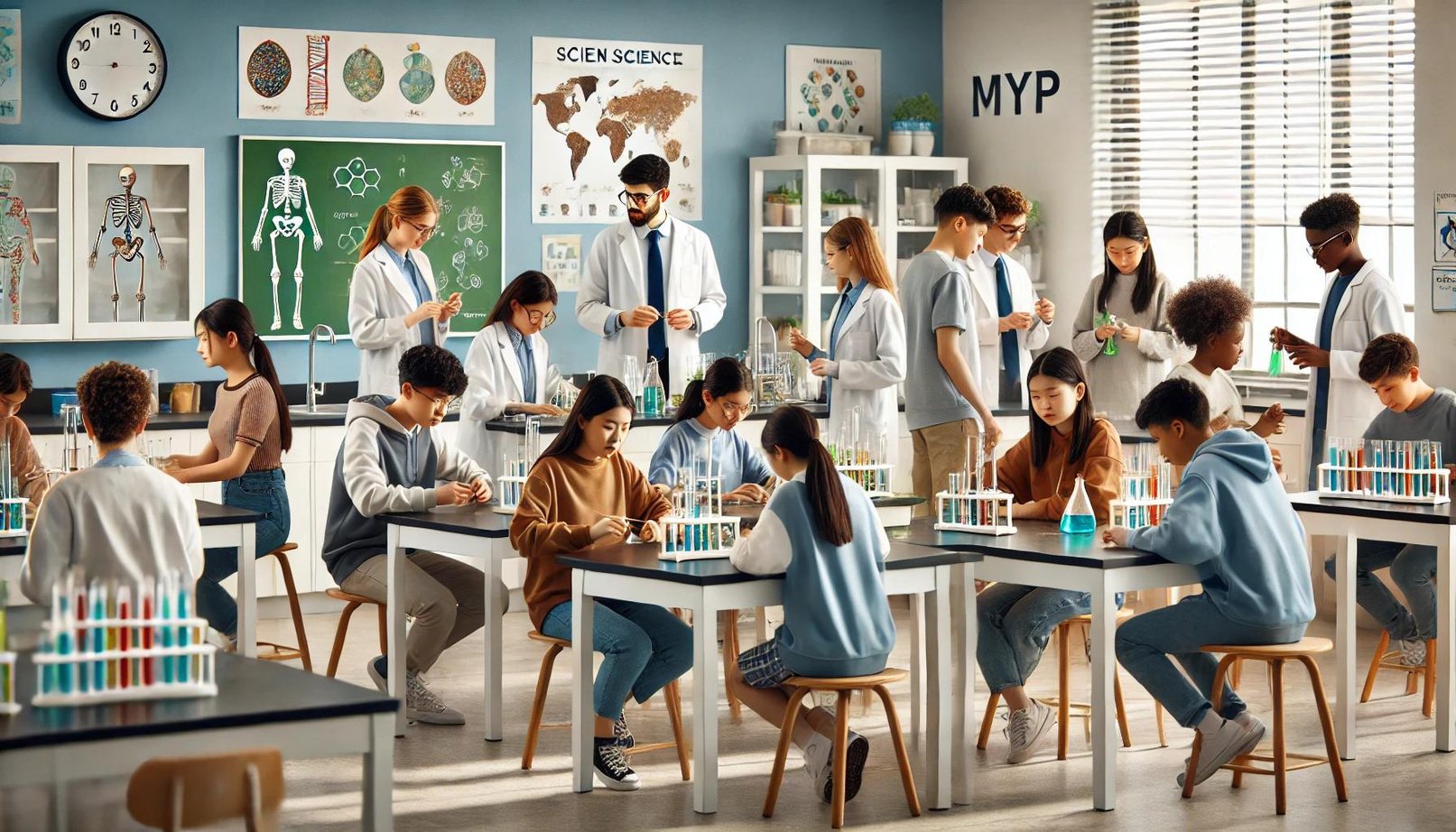
Welcome to
Dr. Sagar's
IB World
of Science

Background Image - Generated through AI

Inquire. Grow. Transform:
The Path to IB Excellence


I specialise in Physics (Science) for MYP years. I'm so excited to be teaching you this year, and can't wait to get to know each one of you better.
For now, explore the hub to know more about me, my teaching philosophy and get a feel of what the year ahead has in store for us.

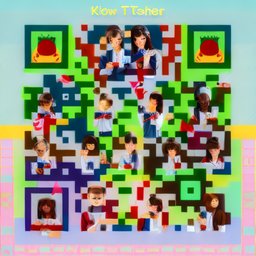



What is an IB education? |

Established in 1968, the IB offers four programmes & provides an international education continuum for students aged 3 to 19 year old, emphasizing critical engagement, stimulating ideas, and effective relationships.

IB MISSION - IB aims to develop inquiring, knowledgeable, and caring young people who contribute to a better and peaceful world through intercultural understanding and respect.

Learner's Profile
The Vision of IB Programme
The primary goal of all International Baccalaureate (IB) programmes is to cultivate globally minded individuals who acknowledge their shared humanity and responsibility in safeguarding the planet. By doing so, they contribute to creating a more harmonious and peaceful world.
IB seeks to motivate and encourage students to develop these attributes:
Inquirers
Knowledgeable
Thinkers
Communicators
Principled
Open-minded
Caring
Risk-takers
Balanced
Reflective
Background Image - Generated through DALL-E
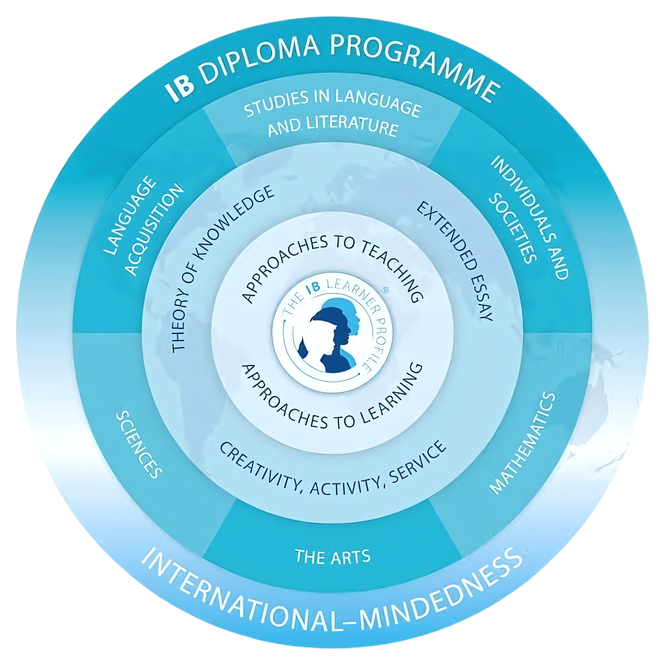
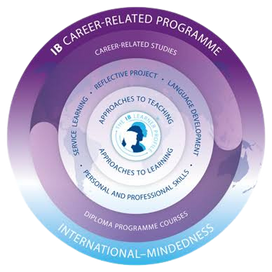
IB Programmes
The International Baccalaureate (IB) offers four main educational programs aimed at developing the intellectual, personal, emotional, and social skills needed to live, learn, and work in a rapidly globalizing world. These programs are:
1. Primary Years Programme (PYP): {Age Range: 3-12 years}
- Focus: The PYP focuses on the development of the whole child as an inquirer, both in the classroom and in the world outside. Read More....
2. Middle Years Programme (MYP): {Age Range: 11-16 years}
- Focus: The MYP aims to develop active learners and internationally minded young people who can empathize with others and pursue lives of purpose and meaning. Read More....
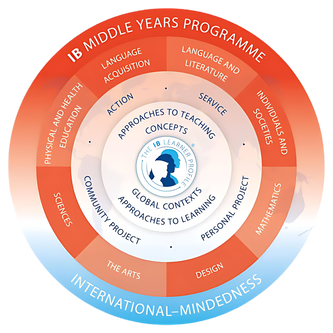
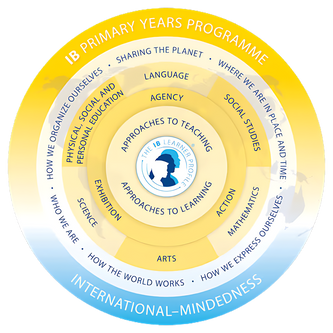
3. Diploma Programme (DP): {Age Range: 16-19 years}
- Focus: Prepares students for success at university and life beyond. The DP aims to develop students who have excellent breadth and depth of knowledge – students who flourish physically, intellectually, emotionally, and ethically. Read More....
4. Career-related Programme (CP): {Age Range: 16-19 years}
- Focus: Combines the highly regarded and internationally recognized IB Diploma Programme courses with an approved career-related study and a unique CP core. The CP is designed for students interested in pursuing a career-related education in the final two years of secondary school. Read More....

Approaches to Teaching
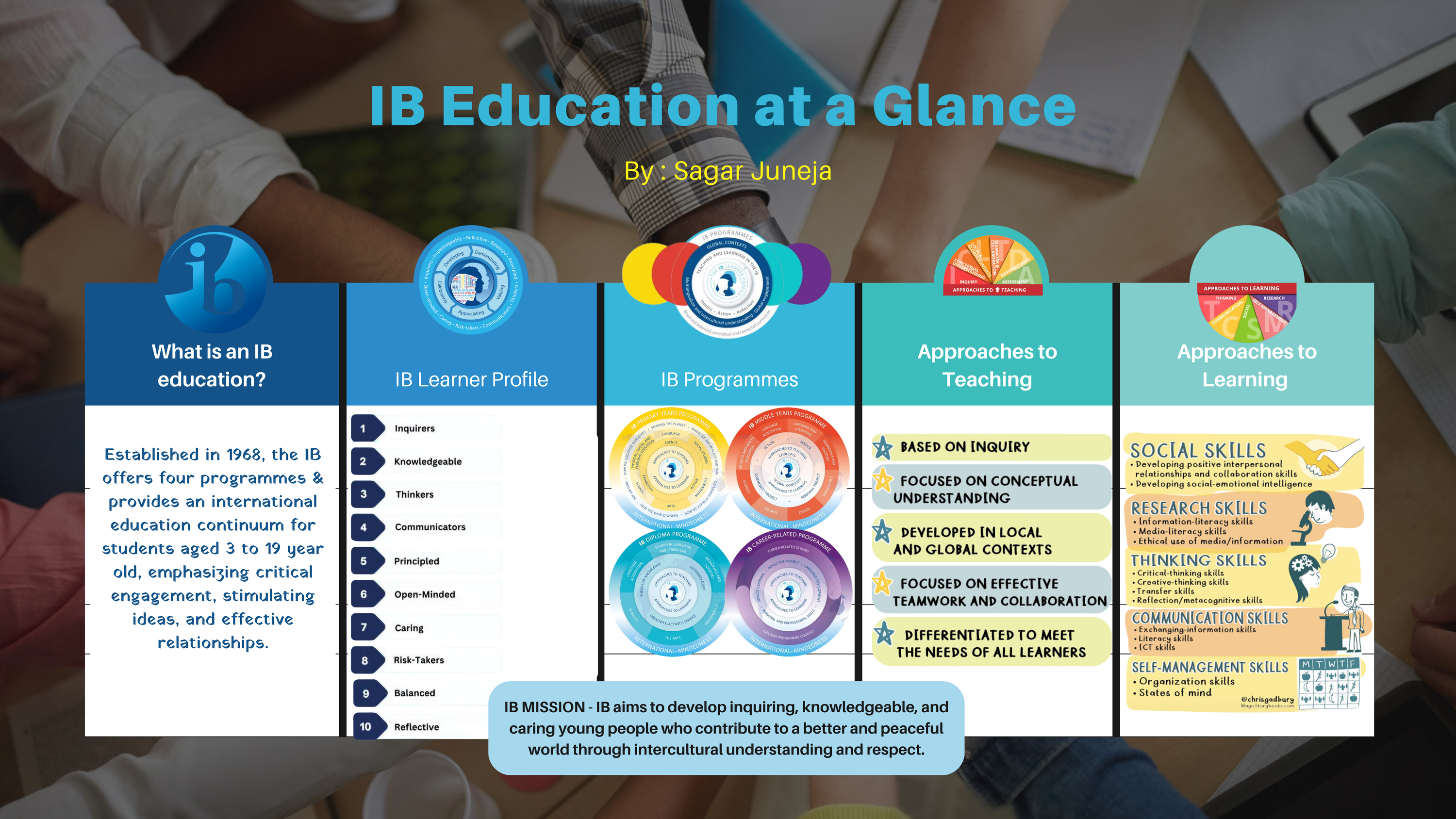
My Unit Planner
My Unit Planner (Sample)
This unit plan has been designed based on the GRASP model. GRASPS is a model for demonstrating performance of understanding using authentic assessments. It is one of many performance of understanding models, but is ideally suited to the kind of project-based inquiries we do in our curriculum. GRASPS represents a framework for organizing, delivering, and assessing project-based assessments, ensuring that students can apply their knowledge and skills in real-world contexts. This approach enhances student engagement and deepens their understanding of the subject matter.

Additional Resources
(to understand
Dr. Sagar better)

contact me!
Any suggestions?
Ping me on whatsapp at
+91-9999000970
